Great software development using Scrum requires the seamless integration of requirements engineering, design, development testing, integration, and deployment within a single iteration. A well-functioning team, software development best practices, and ALM tools are key factors for success in such environments. Professional Scrum Developer is the only course available that teaches how this is done.
The Professional Scrum Developer course teaches students how to work in such an environment: In a Development Team, using modern software engineering practices and your specific technology platform to develop an increment of potentially releasable functionality. All of this is done as iterative incremental development within the Scrum framework. The course content bases on Professional Scrum Developer Objective Domain and the participants are invited to test their newly learned skills in the Professional Scrum Developer I assessment after the course.
Learning Outcomes
• Use Agile modern software engineering practices to develop software products
• Use Visual Studio and Team Foundation Service Application Lifecycle Management tools
• Initiate a project using Scrum
• Use Scrum and know how to work cross-functionally Solution Architects with Designers, Business Analysts, Testers and Product Owners
• Plan a Scrum/Agile Project and forecast the release date
• Know how to deliver a high-quality software in a short cycle
• Manage a software project using Scrum and Team Foundation Service
PRE-REQUISITES
Syllabus
The Professional Scrum Developer courses cover three main topics:
Scrum
The course simulates being part of a Scrum Development Team to expose students to the core Scrum concepts in action. Students learn how to work as part of a Development Team, which requires them to understand techniques for self-organization and cross-functionality. Through the course students develop skills in identifying and overcoming common Scrum Team dysfunctions.
Best Practices
PSD courses cover all of the technical practices that team members need to successfully implement and ship functionality. These include coding practices like test-driven development, continuous integration, and refactoring; architecture practices such as emergent architecture and evolutionary database development; release management practices like planning, estimation, requirements definition, and shipment; and quality assurance practices from defining “done” to pair programming, version control and acceptance testing.
Tools
PSD courses teach students how to leverage different development tools to employ Scrum practices. PSD and PSD+ .NET courses are taught in the context of Visual Studio 2012 using the latest Visual Studio Scrum template, while PSD Java courses are taught in the context of Eclipse and other open source tools. Students learn how to map specific tool features and functions to the general Scrum practices they must use to be effective team members.
Course Prerequisites and Expectations of Students
To achieve best result from attending a Professional Scrum Developer course you should have:
Studied the Scrum Guide. If you are attending a 3 day version of the course, you should have a solid understanding of Scrum either through working on a Scrum Team, Scrum and Agile literature or through taking part in a Professional Scrum Foundations or similar course.
Passed the Developer open assessment (and if you are attending a 3 day course you should pass the Scrum Open assessment too)
The Professional Scrum Developer course is suitable for any member of a Development Team, including architects, programmers, database developers, testers, and others with some technical knowledge.
Product Owners, Scrum Masters, and other stakeholders are welcome to attend this class as long as they keep in mind that this is a technical course and involves programming in pairs.
This program will be conducted with interactive lectures, PowerPoint presentation, discussions and practical exercise.
Module 1 – Introduction
• Introduction to Scrum
• Introduction to Application Lifecycle Management with Visual Studio 2012
• Introduction to Team Foundation Service
Module 2 – Planning In Scrum
• Case Study
• Release Planning
• Product Backlog Refinement
• Sprint Planning
• Estimation in Scrum
• Forecasting a Release
• Splitting Product Backlog Items
Module 3 – Quality Software
• Test Driven Development
• Emergent Architecture
• Quality Code
• Continuous Integration
• Done and Undone
• Microsoft Test Manager
• Refactoring
• Documentation in Scrum
Module 4 – Implementing Scrum
• Scrum Challenges
• Collaboration in Scrum
• Common Development Team Dysfunctions
• Pair Programming
• Effective Sprint Retrospectives
• Next Steps
FREE QUOTATION!
COURSE INCLUDES
COURSE BENEFITS
ALL IN FROM ONLY
RM4,900/PAX
*T&C Applies
No review yet.
Live chat, call or email, we’re here for you

Quorse is Asia’s #1 online training marketplace that connects learners with trainers who seek a value-added training experience on a single platform. Discover training courses from diverse categories, ranging from technical IT certifications to personal development programs.
Sign Up to Bookmark your Favourite Course
or Request for a Quotation instantly
Sign in with your social account
or
By signing up, you agree to our Terms of Use and Privacy Policy